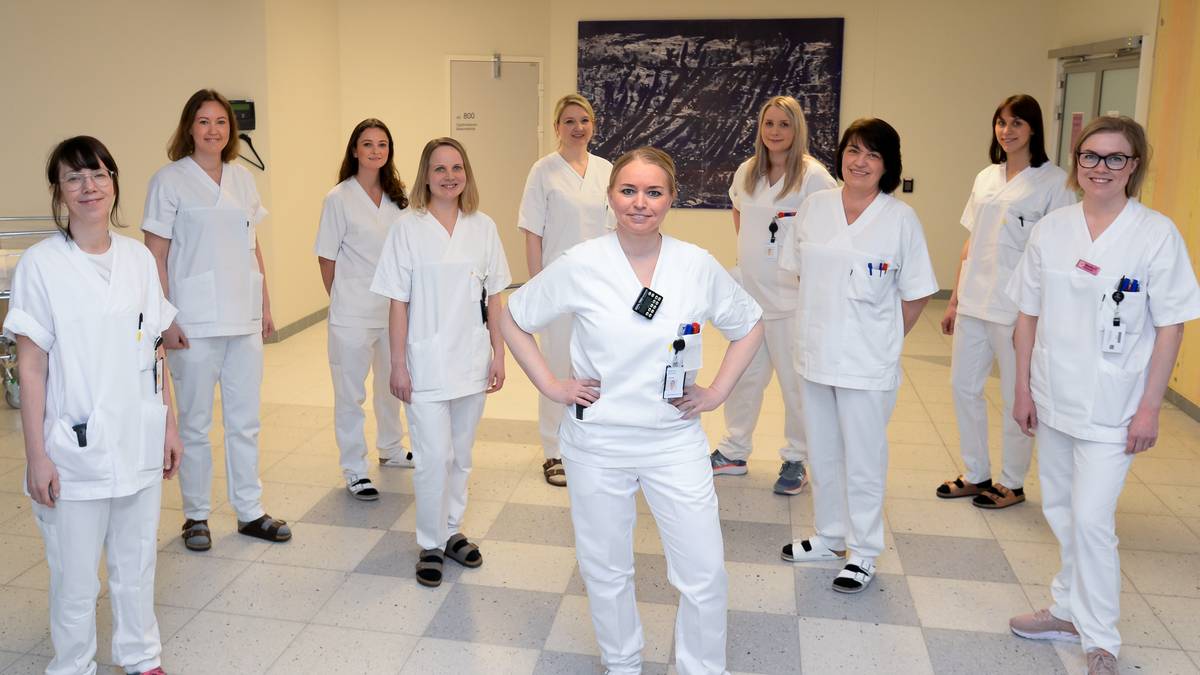Humans are unable to make robot-like decisions based on numerical chances of outcomes

www.ft.com
Covid has shown the subjective nature of risk perception
Humans are unable to make robot-like decisions based on numerical chances of outcomes
When reports began to emerge that Britain’s AstraZeneca vaccine could be linked to rare but dangerous blood clots in the brain, I recall feeling a sense of doom. Not so much because I was concerned about such a fate befalling me — the risk seemed low enough — but because I feared it could derail Britain’s vaccine programme by making some people too scared to get the jab.
My fears, so far, appear to have been misplaced. Despite many countries having since restricted the AstraZeneca vaccine, polling suggests it has had little impact on the way Britons perceive the risk of taking it. A YouGov/Times poll this month found 75 per cent still consider it to be “very” or “somewhat” safe — just two percentage points lower than the 77 per cent who felt this way in mid-March, before Britain advised under-30s to take an alternative vaccine. That is in stark contrast to the way the jab is now perceived in European countries.
Polling in late March suggested most people in France, Germany, Spain and Italy consider the AstraZeneca vaccine to be unsafe, with confidence having plunged from a month earlier. This discrepancy can partly be explained by the way the vaccine has been presented by political leaders and the media in the different countries. But the hard data on the vaccine’s effects remain the same wherever you are. Could it be that something else — a kind of British patriotism or, conversely, anti-British sentiment — is also having an impact on the way the risk is perceived?
Such a notion might be difficult to prove. But the idea that emotions play a role in the way that we evaluate risk, and that humans are not able to simply weigh up the numerical chances of various outcomes and, robot-like, arrive at a decision, is one that has been well established in recent decades. “Social scientists are now beginning to appreciate the extent to which things like political beliefs . . . leach into people’s ostensibly objective judgments,” George Loewenstein, a behavioural economist at Carnegie Mellon University, tells me. He adds that “people are disproportionately afraid of things where they think the risk is the product of someone who has a kind of malign intent, or of some malicious force”.
It seems clear that risk is an inherently grey area, and yet over the course of the pandemic, it has often been treated as if it were black and white. We have created a set of binary distinctions between what is “dangerous” and what is “safe” as if these were absolutes, and we then use them to validate our behaviour.
My decidedly risk-averse sister recently asked our family WhatsApp group if it was still “necessary” to “decovidify” all her shopping — which she has been doing for the past year — given that scientists are increasingly arguing that the risk of transmission via surfaces is very low. Another risk-averse sister replied that yes, it “absolutely” was. Why don’t they consider it “necessary” to do this to avoid catching flu each winter, I wondered, particularly given some evidence suggests that my healthy 12-year-old nephew is more at risk of dying from that than from Covid. I guess because we haven’t labelled flu as “dangerous”, not taking such precautions during an outbreak must be acceptably “safe”.
Likewise, our workplaces and hospitality venues tell us they are “Covid-secure” — a phrase that has been encouraged by the government — and yet I personally know of at least two “Covid-secure” workplaces that have suffered Covid outbreaks. Imperial College London professor Catherine Urch has suggested a better term would be “Covid-mitigated”, which gets across the fact that “there is always a residual risk”.
The truth is, most of us will go back to our workplaces and other venues not because we believe they are totally “Covid-secure”, but because we consider that the benefits outweigh the potential harms. The more cautious among us might still avoid such proximity to others in the coming months, considering it a “risk” too dangerous to take. Perhaps, then, as we emerge from a world of lockdowns and social distancing, we should reframe the way we approach uncertainty. Rather than asking ourselves whether doing something is “worth the risk”, we should also ask whether not doing it is worth the missed rewards.















